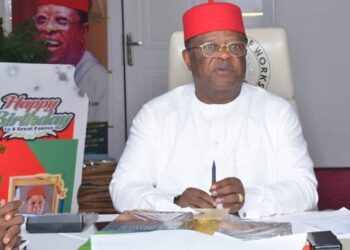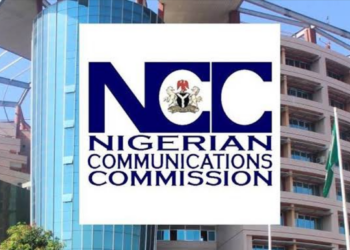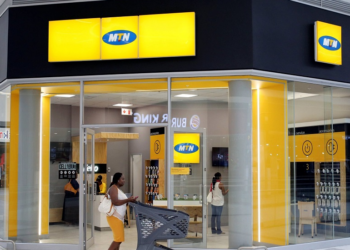Welcome to Corporate News roundup for the week ended August 24, 2018. Corporate News roundup is a weekly roundup of corporate news and action that took place the previous.
You can get this delivered straight into your mailbox every week by subscribing to our newsletter.
DStv was a major feature in the news last week. Justice Nnamdi Dimgba of the Federal High Court sitting in Abuja, last week granted an interim injunction halting the hike in DStv subscription rate by MultiChoice Nigeria Limited. Following the court’s injunction, Nigerians have come out en masse reacting to the news.
As some expressed gratitude to the Consumer Protection Council (CPC), a regulatory body that challenged DStv’s subscription hike, others sounded a note of caution. So what is the bone of contention here? In July, MultiChoice raised the subscription rate for the DSTV Premium package from N14,700 to N15,800, Compact Plus from N9,900 to N10,650, Compact from N6,300 to N6,800, Family from N3,800 to N4,000, and Access from N1,900 to N2,000. The judge then granted a motion restraining DStv from implementing the new rates.
Well, DStv is obviously not obeying this order even though it is yet to issue an official comment. According to it, the court documents have just been received and are currently being reviewed. I get that this is a populist decision, but we have to be careful about the government trying to fix prices. I am no judge or lawyer, but DStv is not a monopoly, so I do not see a basis for trying to set prices for it.
While the news of the injunction raged on social media, Multichoice unveiled DStv Now, an internet-based service with live sports, live TV shows and movies on Catch Up. According to the company, the app is now available for Samsung smart TVs (selected models from 2015 onwards), Apple TV (fourth generation & newer) and media players running Android TV (Google certified devices only) Apps are also expected to be added shortly for additional brands of smart TVs (sorry no LG for now).
This looks like an attempt to compete with Netflix which launched in Nigeria about two years ago. Unlike DStv, Netflix offers several original exclusive contents which DStv does not. However, DStv has a lot more content which is exclusive to it and not available to Netflix subscribers. Content such as sports, music, movie channels and even some series.
In all this, it appears that the internet service providers will be the winners. Why would anyone with a decoder want to stream DStv on TV?
Still on DStv, rival (allow me to use that term), TStv reported that it is teaming up with NigComSat to take on DStv. Apparently, TStv and NigComSat have an active agreement with China Great Wall Industry Corporation (CGWIC) for Direct-to-Home (DTH) services and are putting a “common front to tackle competitions.”
According to reports, “the NigComSat DTH system is capable of providing commercial broadcasting services to Nigeria and all countries within its coverage, from Senegal in the West to Namibia in the South.” They claim that this helps TStv air over 100 TV channels.
Last week, MTN confirmed the appointment of Mazen Mroue as its new Chief Operating Officer (COO). Mroue’s appointment took effect from August 6, 2018. Mroue joins MTN Nigeria from MTN Irancell, where he had also served as COO since July 2014. His appointment could be viewed as a step closer towards the impending IPO scheduled for sometime next year. By the way, MTN also denied that it planned to sell its stake in Jumia.
Still on MTN, the company reported during the week that it has made a slight readjustment to its business model by focusing less on investment in voice facilities and more on data facilities.
According to MTN’s General Manager for Corporate Treasury Finances, Mr. Ishmael Nwokocha, who recently made this disclosure in Lagos, much of the N180 billion earmarked for the company’s Capex in 2018 was geared towards network expansion/upgrade and optimisation for data.
This, he said, is part of the company’s effort to meet its subscribers’ increasing demand for data. MTN spent N192 billion, and N225 billion in 2016 and 2017 on Capex, most of which went to data-driven network expansion. This is obviously a no-brainer, seeing how much MTN made from data. MTN Nigeria’s data revenue was up by 64% to N79billion (R3.1b) in the 6 months ending June 2018.























